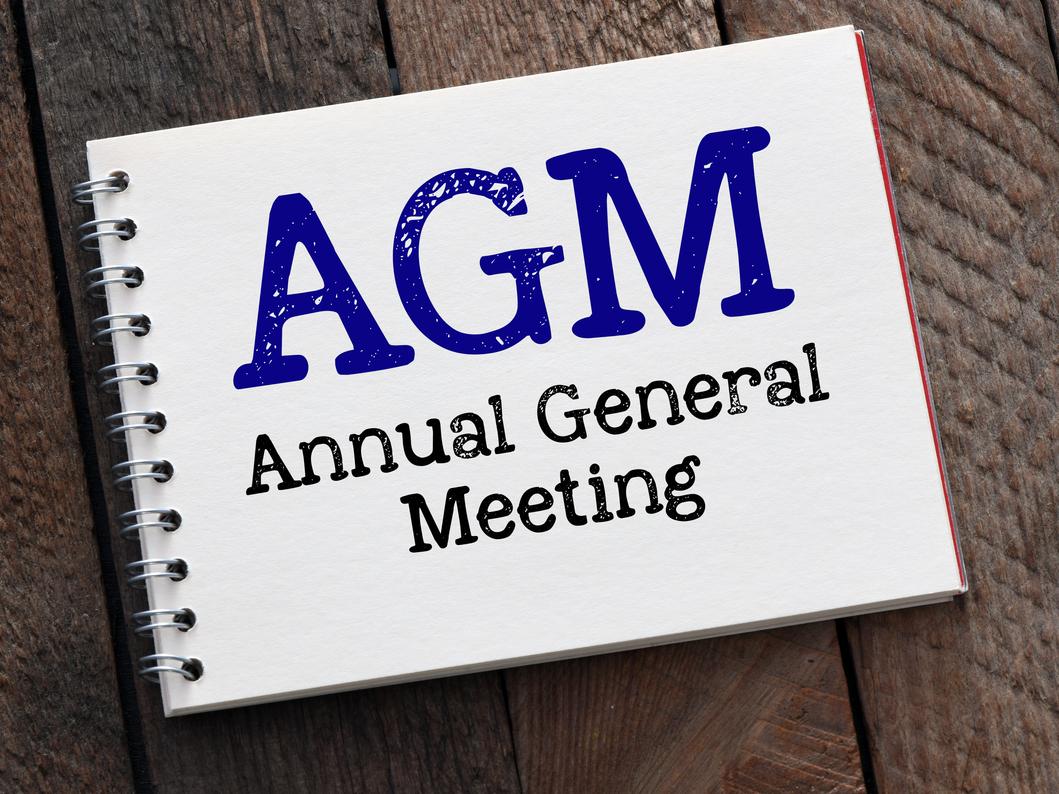
Brian Sims
Editor

Brian Sims
Editor
THE SECURITY Institute held its 2024 Annual General Meeting (AGM) at the prestigious Victory Services Club, a unique military members club in the heart of London near the historic Marble Arch which routinely hosts members of the Armed Forces, NATO and the Commonwealth.

The Security Institute’s chair Julie Nel MSyI opened proceedings with a thoughtful and considered address, beginning by duly acknowledging the recent passing of the Institute’s president, the much-loved Baroness Ruth Henig of Lancaster CBE JP DL.
Nel then proposed a scholarship in Ruth’s name aimed at supporting disadvantaged youngsters and helping them to enter the world of security and forge a career. At its core, the proposed scholarship will have the idea of inclusivity, with 50% of awardees to be female. Initially, the proposal will need to be approved by the late Baroness Henig’s surviving family.
Further into her address, the Institute’s chair highlighted the difficulties and challenges the organisation currently faces and what’s being done to address them. In particular, this includes the three new organisational pillars of ‘Influence’, ‘Membership’ and ‘Professionalisation’.
Nel’s address was then followed by a delivery from director Carl Dakin CSyP FSyI, who spoke of the need to appoint a non-executive director in the role of treasurer as well as the reorganisation of the current Audit Committee into an Audit, Risk and Remuneration Committee that can specifically address the Institute’s financial concerns.
Approach to the membership
Sarah Austerberry CSyP FSyI, director and vice-chair of The Security Institute, addressed the aforementioned pillars and how the Institute would engage each of them going forward.
Chief among them is going to be the Institute’s approach to its membership, with member surveys revealing where the organisation can improve and what practical measures can be taken, such as building a new website, reviewing the community platform and fostering a more open and seamless approach to communications both within and between the Institute and its members.
The vice-chair also spoke of the ongoing need to push for greater professionalisation in the field, which The Security Institute is committed to providing in collaboration with Government bodies and like-minded institutions. Finally, Austerberry focused on ‘Influence’: the requirement for mapping the Institute’s community, understanding of its voice in each area and the current review process being undertaken for the Special Interest Groups.
Election of directors
The Institute’s new CEO, Professor Simon Hepburn, used his own address at the AGM to outline the key concerns the Institute faces from an internal perspective. These centre on structure, digital presence (including the all-new website) and the pressing need to modernise in an ever-shifting climate.
Hepburn revealed the results of the election process for Institute’s directors. The elected individuals are Chris Stevens CSyP MSyI, Paul Wood CSyP FSyI and Mike O’Neill CSyP FSyI. The CEO extended the Institute’s great appreciation to all of those who put themselves forward in the process. In Professor Hepburn’s words, any of the nominees would have been an excellent choice and The Security Institute is ever-grateful that the organisation harbours such talent and expertise within its ranks.
Proceedings then closed with a first Board meeting featuring the new directors along with a spirited and congenial networking session full of interesting discussion and insight involving the last 12 months.
It has been a year of change and of challenge, but the Institute as an organisation looks forward to the remainder of 2024 with a keen sense of optimism and determined to confront all of the challenges it presents head-on.
*Further information is available online at www.security-institute.org
1 Witherley House
Hazell Way
NUNEATON
CV10 7QG
UNITED KINGDOM
0044 2476346464